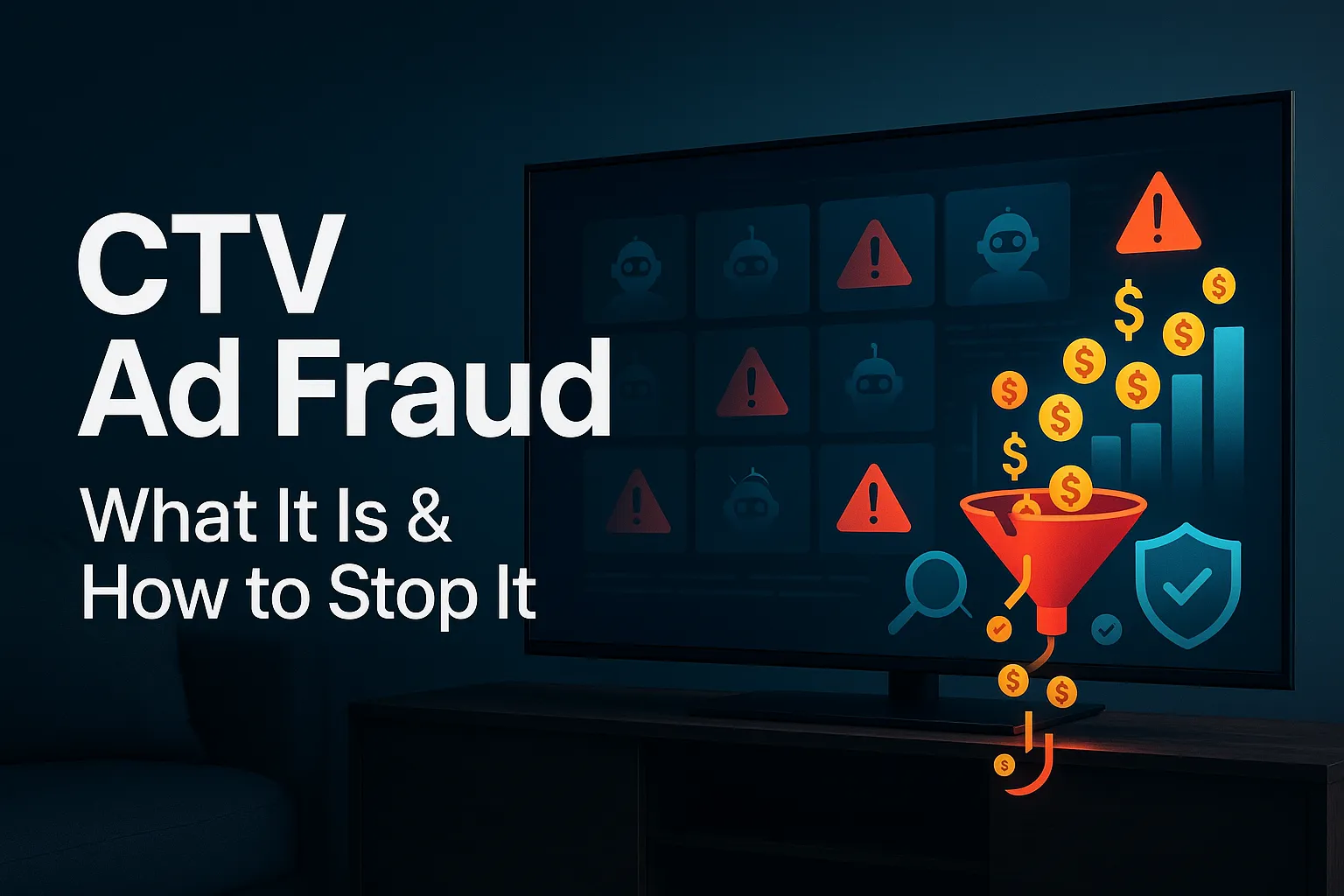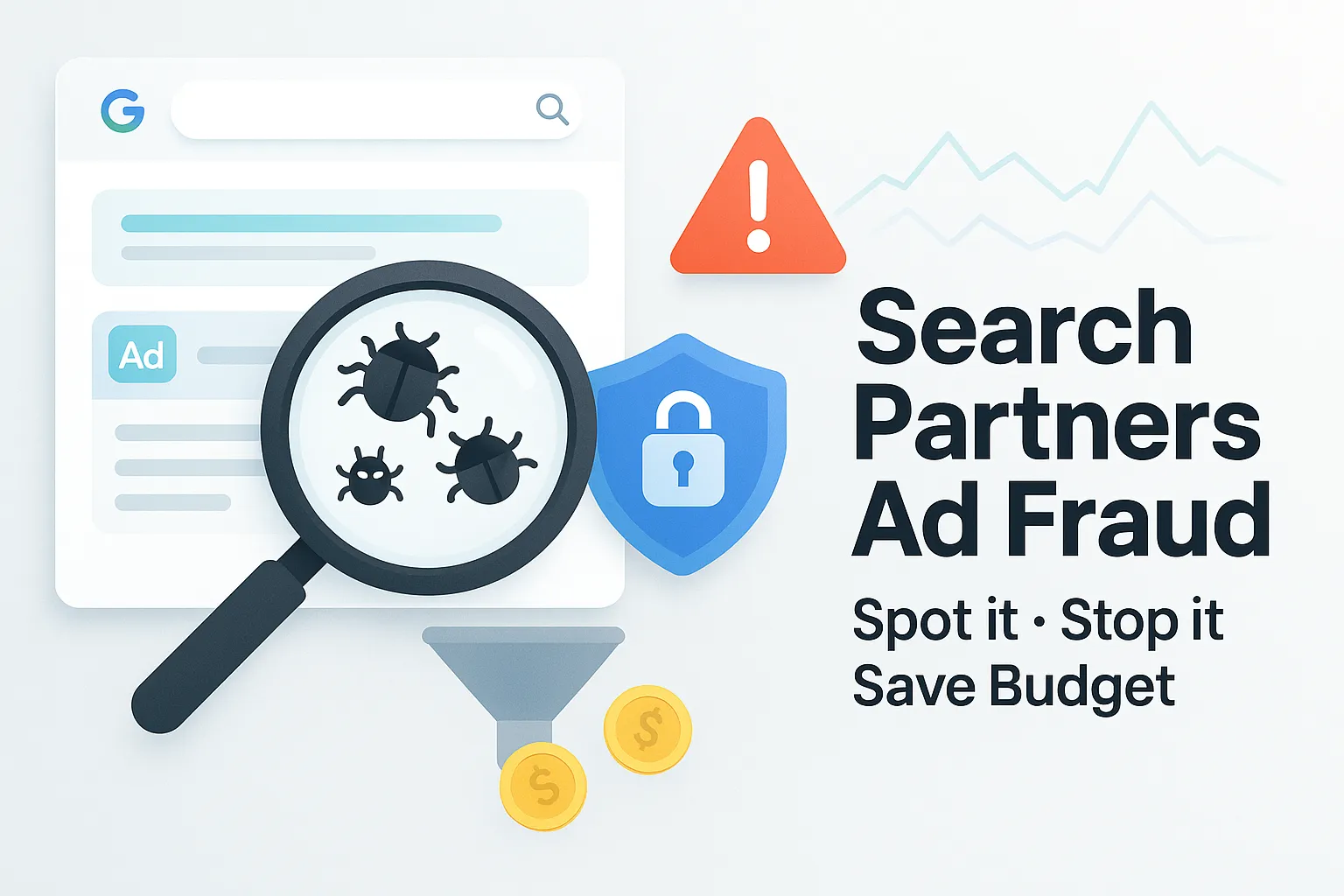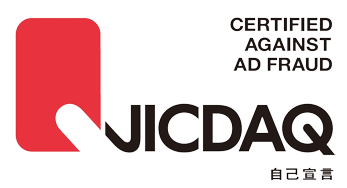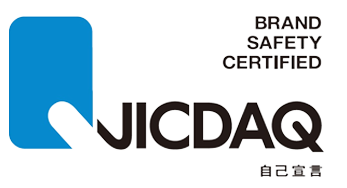How Do Bots or Invalid Traffic Affect SEO Performance?

Overall SEO involves a variety of techniques, such as keyword research, link building, and content creation, that help websites rank higher in search engine results pages (SERPs). However, SEO can be affected by many factors, for example organic search bots, and in particular invalid traffic, also known as ad fraud, click fraud, and IVT (invalid traffic).
Invalid traffic is an issue that impacts the performance of marketing campaigns and influences organic and paid search engine rankings. It is important to understand the impact of invalid traffic on SEO and search engine rankings in order to combat it.
What is Invalid Traffic?
Invalid traffic (IVT) refers to automated traffic, artificial or fraudulent, created by bots, scripts, malware or other automated means rather than real human visitors. It is also known as ad fraud, click fraud, and SIVT (sophisticated invalid traffic). Read more here about the different types of invalid traffic and prevention methods.
Invalid traffic can take many forms:
- Click fraud - Fraudulent or invalid clicks on pay-per-click (PPC) ads to drive up costs for advertisers
- Impression fraud - Bots or scripts loading pages to artificially inflate ad views
- Ranking manipulation - Using bots or scripts to artificially boost a site's search engine rankings
- Web scraping - Automated scraping of content from sites
- Referrer spam - Fake referrals from sites to manipulate analytics
- Comment spam - Automated spam comments left on blogs
- Form spam - Bots submitting invalid forms, signups or registrations
Invalid traffic wastes ad budget, damages analytics, slows down sites, and distorts web traffic metrics. It can also lead to inflated advertising costs, as advertisers are charged for the fraudulent clicks and impressions. However, not all bot traffic is malicious, see: organic search bot.
What is an Organic Search Bot?
Organic search bots (sometimes called "organic traffic bot") are crawlers that visit websites and analyze their content without the need for click-throughs or visits from users. They can be used to determine a site's ranking in organic search results, as well as identify potential problems such as duplicate content, thin content, and broken links. These bots are a critical component of how search engines like Google, Bing, and Yahoo build their databases and serve search results to users.
Do organic search bots harm organic search traffic?
No, organic search bots do not harm traffic to a website. Instead, they can provide valuable insights into how your website is performing in the SERPs. However, they can impact your analytics data in a negative way if you're not careful. For example, it's important to separate out organic search bots from human visitors so that you can get accurate traffic analytics.
What are the types of organic search bots?
Here are the different types of organic search bots and their purposes:
- Search Engine Bots: These bots index and rank websites by crawling their content. They assess relevance and quality to help the search engine provide the most pertinent results for user queries.
- Social Media Bots: Social media bots are used for automating tasks on social media platforms, such as scheduling posts or managing followers. They help increase a website's visibility on social networks, which can drive more organic traffic.
- Link Building Bots: Link building bots automate the acquisition of backlinks, which are vital for a site's search engine ranking. They can identify potential link sources and help with outreach efforts to secure those links.
- Analytic Bots: These bots track and analyze web traffic, providing insights into visitor behavior. This data is crucial for website optimization to attract more organic visitors.
- Content Creation Bots: These bots can assist in generating content for websites, which is a significant factor in search engine optimization (SEO) and driving organic traffic. They can scrape information and create new content based on specific keywords and phrases.
- Organic Website Traffic Bots: These bots mimic human behavior to visit and interact with websites, thereby simulating an increase in organic traffic. Their goal is to boost a website's visibility and search engine ranking.
Impact of Invalid Traffic on Website Traffic and SEO
While search engines like Google typically can detect and filter out much invalid traffic from influencing organic rankings, excessive amounts of such traffic can still negatively impact organic SEO in various ways:
- Site Speed: Invalid traffic from bots can overload servers and slow down site speed. Since site speed is a ranking factor, this can hurt rankings.
- Low Quality Links: Comment spam, referrer spam and other techniques can generate links from low-quality sites. Too many bad links can be seen as suspicious.
- Poor User Experience: Slow sites, distracting ads, popups and other results of invalid traffic degrade user experience. This signals search engines that a site lacks quality.
- Analytics Distortion: Invalid traffic hides real user behavior data in analytics. This skews understanding of performance for SEO decisions.
- Resources Wasted: Time and money spent combating invalid traffic cannot be spent improving the site for real users. This is an indirect negative SEO impact.
So in summary, while some direct ranking manipulation attempts from invalid traffic may be filtered out by search engines, excessive volumes can still hurt rankings by degrading site quality in Google's eyes.

(one example of why Google can close your Ad Sense account)
How Brands Get Targeted by Invalid Traffic
High-value brands and companies tend to attract more invalid traffic due to the potential profits from defrauding them. Here are some reasons top brands get targeted:
- High Budgets: Brands with large ad budgets can afford more invalid traffic before noticing. This makes them lucrative targets.
- Competitor Sabotage: Competitors may use invalid traffic to deliberately waste a rival's marketing budget.
- Reputable Names: Trusted brand names lend credibility to fraudulent activities like fake pharmacies.
- Valuable Customer Data: Brands with extensive customer data appeal to data thieves and scrapers.
- Prominent Rankings: Leading brands in search rankings attract bots aiming to piggyback on their SEO authority.
- Popular Keywords: Expensive, high-traffic keywords used by top brands motivate click fraud bots.
Invalid traffic sources specifically seek out and target enterprise brands in these ways. Large brands need extra vigilance and security against invalid traffic threats.
Impacts on Site Performance
Beyond just analytics, invalid traffic can degrade overall site performance and infrastructure in a number of ways:
- Overloaded Servers: Traffic spikes from bots can overwhelm hosting servers and cause them to crash.
- CDN Overages: Content distribution networks charge for bandwidth. Invalid traffic can rack up big bandwidth bills.
- Web Scraping: Bots scraping large amounts of content can drain hosting resources.
- Denial of Service: Coordinated bot campaigns can intentionally overwhelm sites and take them offline.
- Slower Page Speed: Extra load from invalid traffic slows down site speed for real users.
- Security Risks: Invalid traffic provides cover for hacking attempts, malware injections and data theft.
Site owners should watch for infrastructure performance issues as possible indicators of an invalid traffic problem.
Best Practices to Prevent Invalid Traffic
Here are some best practices worth implementing to protect against invalid traffic:
- Enable Bot Protection: Services like SpiderAF specialize in bot detection and prevention at the network-level.
- Monitor Traffic Sources: Audit where traffic originates from. Any dubious sources should be cleaned up or removed.
- Implement IP Rate Limiting: Throttle traffic from high-frequency IP addresses likely to be bots.
- Use Captchas and Behavioral Analysis: Challenge suspicious visitors with captcha and behavioral fingerprinting to confirm humanity.
- Update Security Plugins: Use updated versions of security plugins like WordFence to block exploits used by bots.
- Disavow Toxic Links: If toxic links are found, use Google Search Console to disavow them.
- Check Server Logs: Review server logs regularly for signs of scraping, brute force attacks or other bot activity.
- Validate PPC Traffic Quality: Use PPC monitoring platforms to identify and block click fraud.
With proactive strategies to monitor, detect and filter invalid traffic, brands can significantly improve the integrity of their analytics, protect their marketing ROI and deliver better experiences.
Emerging Invalid Traffic Trends to Watch
As bots become more advanced, new forms of invalid traffic are emerging. Some trends to keep an eye on:
- Indistinguishable Bots: Machine learning is training bots to mimic humans and evade detection more successfully.
- Hijacked Devices: Real devices infected with malware allow bots to generate traffic via millions of distributed devices.
- AI Content Scraping: Advanced scrapers use AI to understand and copy large volumes of unique written content.
- Mobile Ad Fraud: Click injection bots defraud mobile ad networks via infected phones and apps.
- Connected TV Ad Fraud: Fraud bots target OTT and CTV advertising using compromised smart TVs and devices.
- Targeted Scraping: Bots target popular user accounts, hashtags and keywords to focus scraping on high-value data.
- Validation-Resistant Bots: Some botnets validate accounts after signup, allowing them to power through captcha/phone verification.
These sophisticated bot behaviors require advanced detection techniques. As bots evolve, brands need to continuously improve their bot mitigation strategies.
Conclusion
Invalid traffic such as bots, scrapers and click fraud can significantly harm organic and paid search efforts. Excessive low-quality traffic degrades analytics, wastes ad budget, slows down sites, and damages SEO and paid search rankings.
Implementing bot detection systems, monitoring site performance metrics, vetting traffic sources, and optimizing PPC campaigns are key steps to reducing this fraudulent traffic. Eliminating invalid traffic improves the customer experience, conserves resources, and enables more effective SEO and paid search.
By understanding the wide-ranging impacts invalid traffic can have and taking proactive measures against it, websites can better attract real human visitors, earn higher organic rankings, and gain better returns from paid search.
Frequently Asked Questions about Organic Search Bots
How can Google Analytics help identify bot traffic within my website traffic?
Google Analytics provides filters and settings that can help website owners differentiate between bot traffic and legitimate website traffic. By analyzing bounce rates, session durations, and other engagement metrics, you can identify anomalies that suggest non-human traffic and use Google Analytics' bot filtering options to exclude them from your reports.
Is it possible to increase organic search traffic using traffic bots?
While traffic bots may artificially inflate website visitor numbers, they do not contribute to genuine organic search traffic. True organic traffic comes from real users who find your website through search engines. Using bots can negatively impact your SEO and website reputation, and is not a recommended practice for increasing organic traffic.
What role do search engine crawlers play in affecting website visitors through search engine results pages?
Search engine crawlers, like the Google search bot, scan websites and help determine how they rank on search engine results pages (SERPs). A well-optimized site that is easily crawlable can achieve higher rankings, which in turn can lead to an increase in genuine website visitors.
Can a traffic generator harm my SEO rankings if used to increase website traffic?
Using a traffic generator can be detrimental to your SEO rankings because it can produce inauthentic website traffic, which search engines like Google may identify as manipulative. This could lead to penalties or lower rankings, as search engines prioritize providing quality content to users over artificially inflated traffic statistics.
How can SEO agencies use Google Search Console to improve organic website traffic?
SEO agencies leverage tools like Google Search Console to monitor website performance, such as search query data, crawl errors, and backlinks. By analyzing this information, they can make informed decisions to optimize websites, improving visibility in SERPs and ultimately increasing organic website traffic.
What is the difference between referral traffic and organic search traffic in Google Analytics?
In Google Analytics, referral traffic is defined as visits coming from links on other websites, excluding search engines, while organic search traffic refers to visits from users who arrive at your site after clicking on a search result in a search engine. Both are key traffic sources and are tracked separately in analytics for insights into how users find your website.
How can I ensure that the traffic generated by SEO efforts results in real organic traffic?
To ensure that the traffic generated from SEO efforts is real organic traffic, focus on creating high-quality, relevant content, using appropriate keywords, obtaining backlinks from reputable sites, and providing a good user experience. This will naturally attract genuine users who are interested in your content.
How much impact does organic search bot activity have on my Google search results?
An organic search bot, such as the Google search bot, helps index and rank websites, which directly impacts your visibility in Google search results. While the bot itself doesn't affect your traffic, its proper functioning ensures your site is indexed accurately, which is crucial for attracting organic visitors.
Why is targeted traffic important for SEO rankings and internet traffic quality?
Targeted traffic is critical for SEO rankings because it consists of visitors who are interested in your content or products, and are more likely to engage with your site. This engagement signals to search engines that your site is relevant and valuable, improving your rankings and the overall quality of your internet traffic.
How can I differentiate between Google organic search bot visits and real organic traffic in my analytics?
To differentiate between Google organic search bot visits and real organic traffic, you can use the bot filtering feature in Google Analytics to exclude known bots and spiders from your reports. This allows you to analyze the behavior of real users more accurately, giving you a true picture of your organic traffic.






















